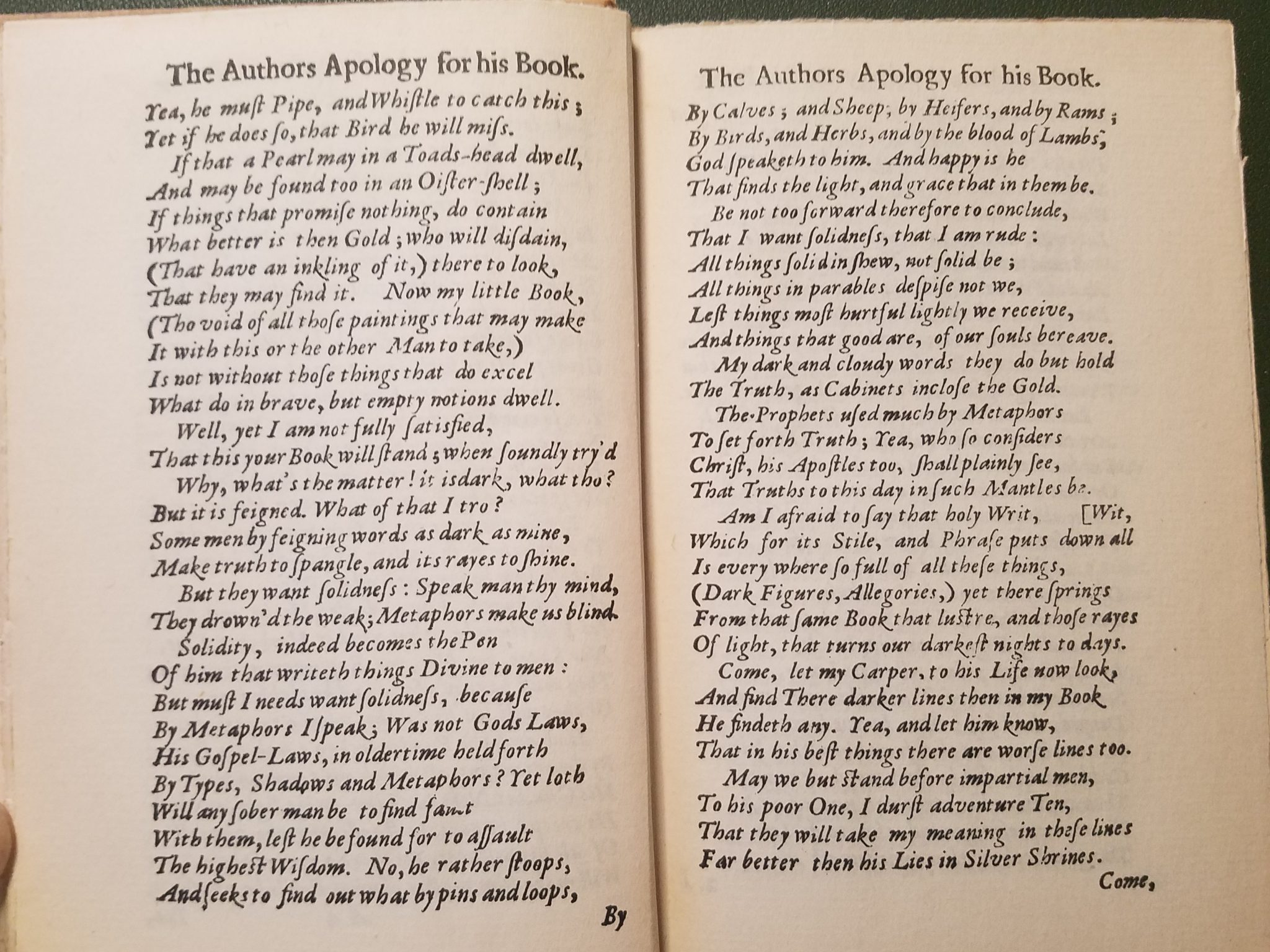A Convict Who Taught Us About Creativity
The best-selling novel in history was written by a convict who taught us about creativity. The author, convicted for crimes against the Church of England, was imprisoned for over 10 years. What was the crime? John Bunyan was guilty of preaching without a license under the direction of a parish church. An extreme idea to our ears, living in a society with freedom of religion engraved in our DNA. The crime was punishable by three months imprisonment followed by banishment or execution if the person then failed to promise not to re-offend. Though he never recanted, he remained alive in prison and gave the world Pilgrim’s Progress.
Pilgrim’s Progress has been in print for over 300 years now and translated into over 200 languages. This last week, our family watched a new animated adaptation of Pilgrim’s Progress and I was reminded of the rich metaphors and honest emotional struggles with despair, self-deceit and betrayal. It showed us the great pain as well as the joy that can be found along our spiritual journey. This was not a typical, nice and neat devotional that gave the reader a 30-day plan to overcome their struggles. It was raw and gave no oversimplified solutions. Yet, John Bunyan’s struggles became an inspiration for centuries of believers.
Critics and Creativity
Critics are everywhere. Pilgrim’s Progress was not thought of so highly by everyone when it was published. Some criticized it for being too elaborate and found fault with the metaphors and allegory. They claimed it should be clearer and more direct as a theological work. They thought if God is to be honored and worshiped in spirit and in truth, even our art must be driven by truth and truth statements made clear. This utilitarian mindset within the church tempted John to abandon his creative project. In the end he let the public decide, and they proved it to be a success.
Responding to critics can be a tricky sport. It is a challenge not to give into cynicism, or to blast their foolish critiques without grace. Here you can see the “Author’s Apology for his Book” which was printed at the front of the book, in the first edition.

Notice on the left-hand page, he gives voice to the critic,
“Well, yet I am not fully satisfied,
That this your book will stand when soundly try’d.
. . . Metaphors make us blind.
Solidity, indeed becomes the pen
Of him that writeth things Divine to men.”
They could not have found a greater best seller to criticize, nor could they be more blinded by theological utilitarianism. Yet the word of God served as the rebuttal.
Here is part of John Bunyan’s response,
“His Gospel Laws in oldentime held forth
By types, shadows and metaphors? Yet loth
Will any sober man be to find fault
With them, lest he be found for to assault
The highest wisdom. No, he rather stoops,
And seeks to find out what by pins and loops,
By calves: and sheep: by heifers, and by rams;
By birds, and herbs, and by the blood of lambs,
God speaketh to him, and happy is he
That finds the light and grace in them be.
The Dynamic Calling upon John Bunyan’s Life
John Bunyan gave the world a gift because he honored the calling God had on his life. As we discuss in our Artist’s Calling course, your calling is not static but dynamic. God gives us all passions, talents and desires. But we are not in heaven now, and all our desires will not be fulfilled in this life. We were made with a heart for heaven. Therefore, while in this life we must adapt to the challenges we face knowing God is still sovereign, and He is still good.
John’s calling to preach and share his heart with others in the streets and in the pulpit was stripped from him. He could have shriveled up in despair like those in his novel. I’m sure he had seasons of great anguish. Yet, in time he saw a new season in his calling and put his imagination to work for the kingdom of God. His creativity flourished in the one place the King hoped to crush it.
Your Dynamic Calling
As we approach Easter, we are all encouraged to remember the passion and suffering of Christ. That picture alone should remind us we are not promised a painless, easy life. We were not promised a calling that avoids suffering. Sometimes our calling includes suffering, like the life of the Apostle Paul, so that we can identify with Christ in his suffering (Philippians 4:3). Yet, if we look to the immeasurable impact of John Bunyan, we are reminded that Christ promises to be with us, speaking to our hearts, and carrying our burdens along the way.
Your calling will change, and you will need to adapt to the challenges you will face. In our course, The Artist’s Calling Course, we give artists the tools and principles to understand their calling (which actually includes multiple callings upon your life and relationships). If you want to be better prepared to adapt to life’s struggles without losing sight of God’s calling on your life, you can find out more here.
As we approach Easter, consider the power of the cross, and what it means to the calling God has for you as a creative and as a Christian. Be encouraged. You are not alone. You are loved by God, and he is always with you.
To sign up for more information on our Artist’s Calling Online Course Click HERE.
More articles on Calling Here.
Copyright © 2020 Joel & Michelle Pelsue. All Rights Reserved. Used with Permission.

4 comments on “A Convict Who Taught Us About Creativity”